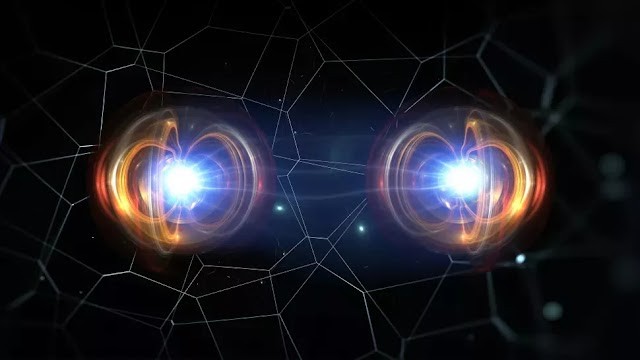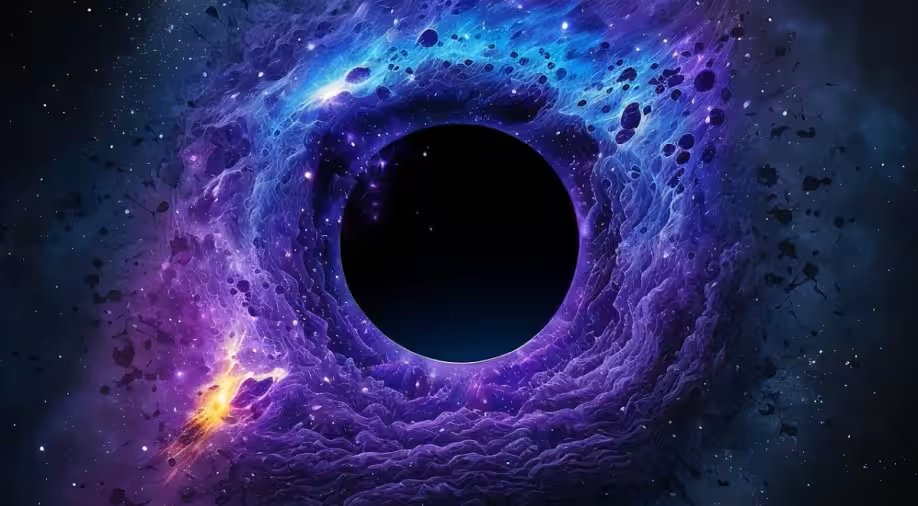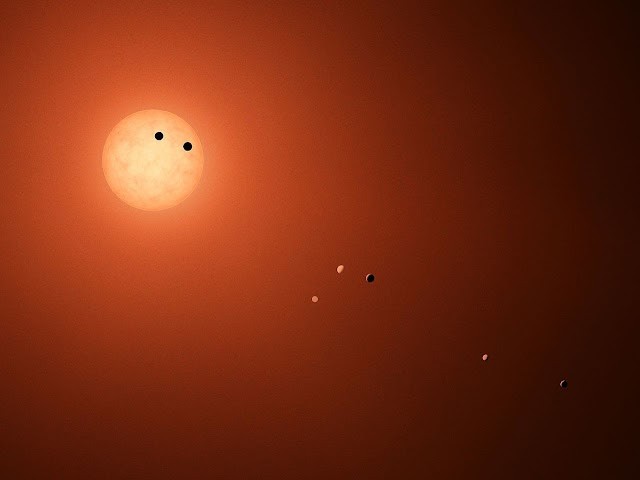NASA’s Voyager 2 spacecraft, currently 12.4 billion miles from Earth, has sent a signal back to mission control, debunking recent rumors of its impending demise.

However, an ongoing communications problem remains unresolved. The issue began two weeks ago when NASA transmitted a potentially faulty command, causing Voyager 2’s antenna to deviate two degrees from Earth. As a result, the data being sent by the spacecraft is no longer reaching Earth, and the spacecraft is not receiving commands from ground controllers.
The Deep Space Network (DSN), a worldwide network of large antennas and communication facilities that support interplanetary spacecraft, received a carrier signal from Voyager 2.
This “heartbeat” signal confirms that the 46-year-old spacecraft is in good health. However, Voyager 2 is not yet out of the interstellar woods. The signals from Voyager 2 take approximately 18.5 hours to reach Earth at its current distance.
The next step for mission controllers at NASA’s Jet Propulsion Laboratory (JPL) is to attempt to reorient Voyager 2’s antenna to correctly point towards Earth. If these attempts fail, NASA will have to wait until October 15 for an autonomous system reset, which the probe does several times each year to keep its antenna in the correct position.
Launched by NASA on August 20, 1977, Voyager 2 explored the outer solar system planets in extraordinary detail. It’s famous for its grand tour of the four giant planets—Jupiter, Saturn, Uranus, and Neptune—providing invaluable data and images of their atmospheres, moons, and magnetospheres.
Despite the current communication issue, Voyager 2 continues to venture deeper into interstellar space, operating well beyond its original mission parameters. Its twin, Voyager 1, remains the farthest human-made object from Earth, and it too is sending data back from interstellar space. Both probes are expected to remain operational for several more years.
Source





